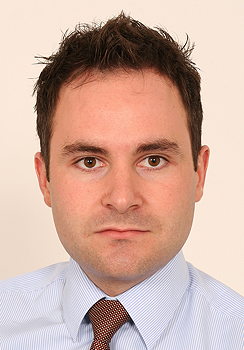EU Regulation No. 428/2009 and subsequent amendments cover the export, transit and brokering of technologies normally used for civilian purposes but which may have military applications, or may contribute to the proliferation of weapons of mass destruction.
The amended legislation came into force in the EU in December 2014. Among other things, it covers the supply of VSDs capable of producing output frequencies higher than 600Hz. Regulations controlling the export of HF drives are already in force in the US, and similar regulations have been introduced recently in China.
To comply with the new legislation, businesses that export goods or machines incorporating items controlled under the EU regulations to destinations outside the EU must apply for export licences. The changes also affect the documentation needed for any transactions, as well as the measures taken to store the controlled goods securely.
Potential sanctions for failing to comply with the legislation range from financial penalties to trade restrictions and even prison sentences for individuals. Exporting of controlled goods without authorisation is a customs offence.
High-frequency drives are typically used in applications such as grinding, and automotive and turbine testing, where speeds need to be higher than those that can be achieved using standard VSDs. But drives operating at higher output frequencies can also be used in the centrifuges used to refine nuclear materials, hence the stricter export controls brought in with the amended legislation.
Control Techniques’ parent, Emerson Industrial Automation, is advising OEMs and machine-builders who incorporate HF drives into their designs that they – not the drives manufacturer – are responsible for checking and evaluating whether or not their machines comply with, or contravene, the legislation. It is also important for businesses to identify whether any existing machines and systems are affected by the directive, as it could affect their ability to export their machines.

Viseras: it is crucial that businesses are aware of the EU legislation
Emerson says it will inform its customers if the drives they buy appear on the controlled list, but is still advising people to educate themselves about the changes to the export regulations and how these regulations might affect their businesses.
CT limited the upper frequencies of most of its drives in anticipation of the new legislation. Its Unidrive M range, for example, has been limited to a top frequency of 550Hz since its launch in 2012, and older models have been revised to be limited to 550Hz. Servo and DC drives are not affected.
CT has also developed a range of HF drives to meet the requirements of the civilian applications that are an important part of its business.
“It is crucial that businesses are aware of the amendments to the dual-use legislation,” warns Control Techniques president, Enrique Minarro Viseras. “We pride ourselves on our ability to make things as easy and trouble-free as possible for our customers, and have worked hard to ensure our products and processes comply with the new legislation.
“We would urge other businesses to investigate the extent to which they are liable and take the appropriate steps to ensure full compliance,” he adds.

